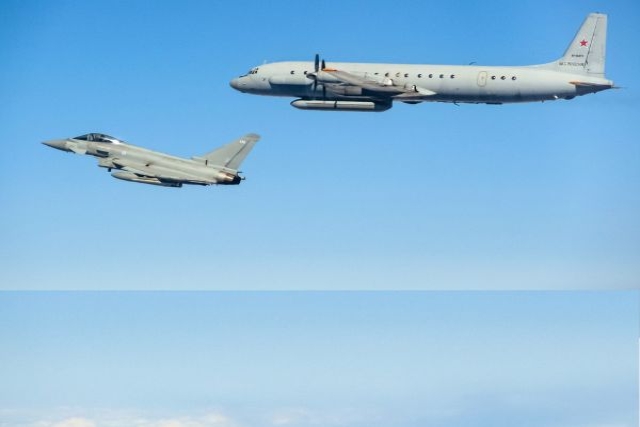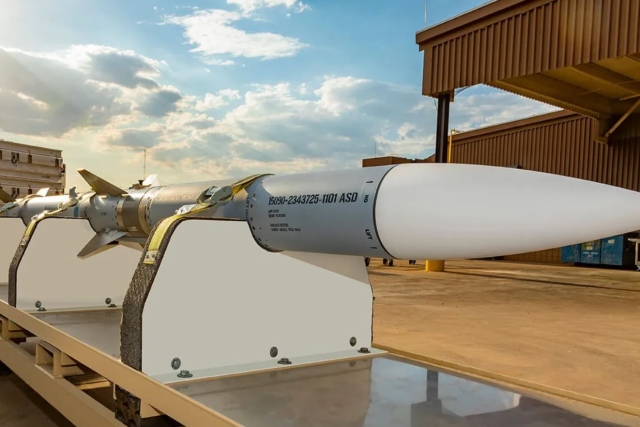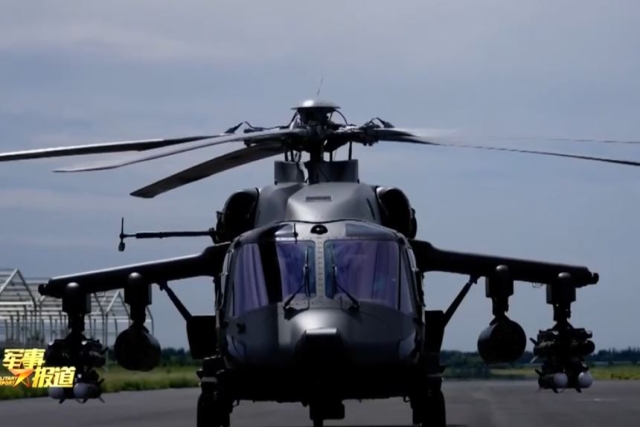Wiring Bundle Issue To Delay Boeing’s KC-46 Tanker Delivery
The first flight of Boeing’s KC-46 tanker has been postponed November due to wiring bundle issue, which has costed an additioanl $272 million in the second quarter of 2014.
Boeing has signed a $4.4 billion contract to deliver the first 18 tankers by August 2017, just the start of a much-larger program for 179 tankers with the US Air Force. Under the terms of the contract, any costs beyond $4.9 billion are Boeing’s and the company has already exceeded that and is absorbing the extra costs.
But Boeing assures that the delivery to the US Air Force will be done as scheduled.
However, the US Air Force spokesperson is concerned and is critical about the Boeing’s delivery in August. “We are disappointed with Boeing’s current KC-46 production challenges and their inability to meet internal production milestones, but we do not see anything of great concern and are confident they will overcome the issues,” US Air Force spokesman Ed Gulick was quoted as saying by Puget Sound Business Journal. “The KC-46 program’s technical and cost performance are on-track; Boeing has met every contractual requirement to date.”
The program is important to the Puget Sound-region because it is one of two major conversions of commercial aircraft to military use, something that is done here. The other is the conversion of 737 aircraft into P-8A submarine attack aircraft.
The KC-46 is based on the twin-engine 767, the aluminum predecessor to the carbon composite 787. The KC-46 fuselage is being assembled in a bay on the north side of the huge Everett aircraft assembly building, with final outfitting to be completed at Boeing Field.
The program is expected to generate thousands of Puget Sound jobs, especially if the orders rise as high as 179 aircraft, or higher with overseas orders.
The delays have been caused by issues with its wiring bundles as Boeing adapts a civilian aircraft for military use. The military requirement is for redundant wiring systems, and separation between bundles, and Boeing managers realized that it wasn’t meeting all of these requirements, which has required engineers to do some redesigns.
“The increased spending is primarily related to additional engineering and systems installation rework needed to meet contract specs, mainly in the area of wiring,” a Boeing spokesman said. “While it in no way mitigates our disappointment in taking a charge, the issues here are well-defined and understood—there’s no new technology involved, just additional work that has to be accomplished.”
“The schedule margin has been lost due to production delays; schedule performance must improve; first-flight and initial flight test activities over the next six months are critical to keeping the entire effort on track,” Gulick added. “The Air Force is eager to begin testing to demonstrate the aircraft’s true performance”.










